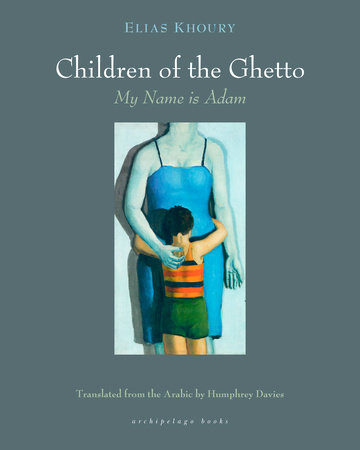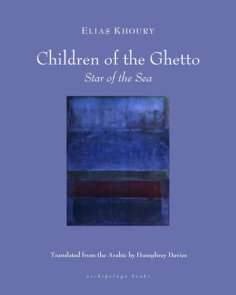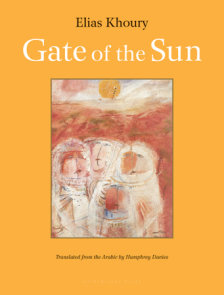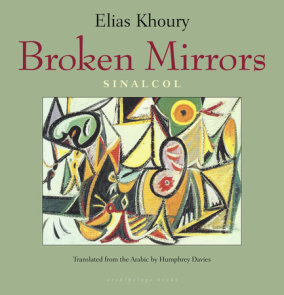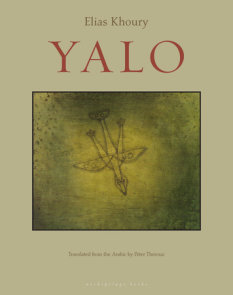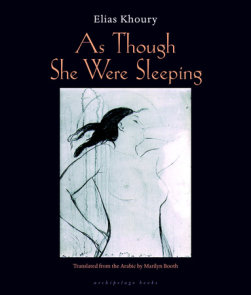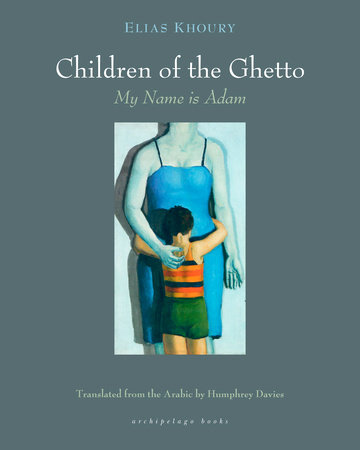

The Children of the Ghetto: I
By Elias Khoury
Translated by Humphrey Davies
By Elias Khoury
Translated by Humphrey Davies
By Elias Khoury
Translated by Humphrey Davies
By Elias Khoury
Translated by Humphrey Davies
Part of The Children of the Ghetto
Part of The Children of the Ghetto

-
$20.00
Jun 10, 2019 | ISBN 9781939810137
-
Jul 23, 2019 | ISBN 9781939810144
YOU MAY ALSO LIKE
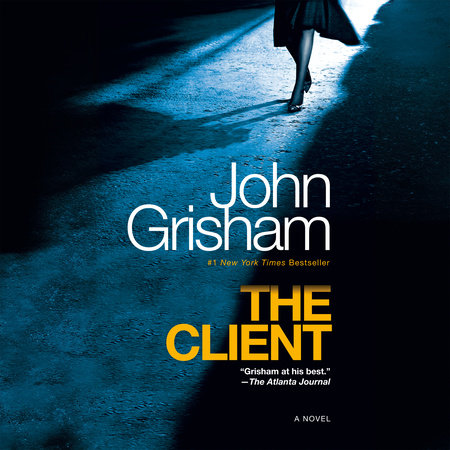
The Client

The Pelican Brief
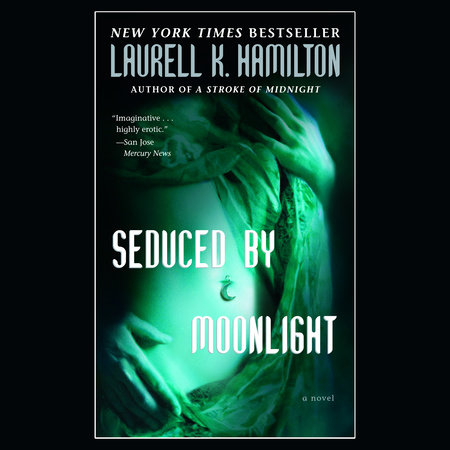
Seduced by Moonlight
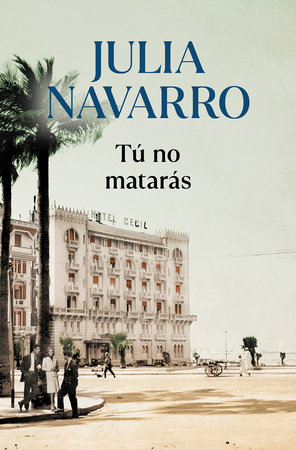
Tú no matarás / You Shall Not Kill
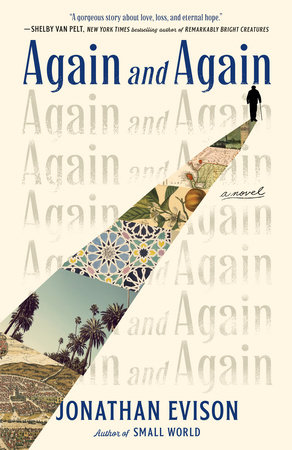
Again and Again
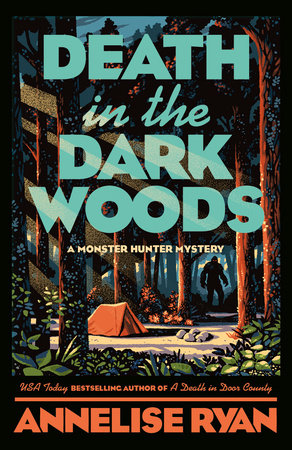
Death in the Dark Woods
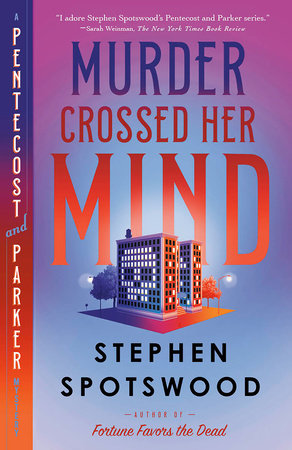
Murder Crossed Her Mind
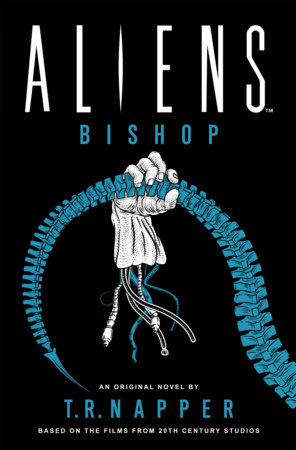
Aliens: Bishop
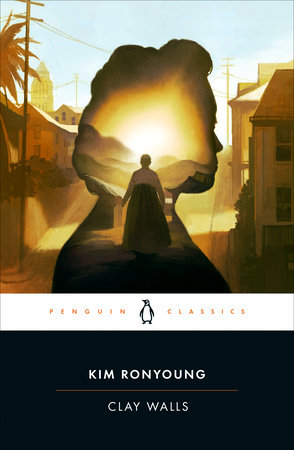
Clay Walls
Praise
“Khoury engages his own oeuvre in playful metafictional ways, along with real and invented scholarly texts, and larger Palestinian and Israeli literary histories to which this book is a timely and essential contribution. He rejects didacticism — “My story isn’t an attempt to prove something” — pirouetting between saying and unsaying, creating a mass of competing meanings from which Adam’s tormented psychology emerges. If Khoury makes any argument, however, it is that the expression of an “unadorned truth” is impossible, since all language is symbolic and metaphoric; words are weighed down by their histories… Khoury gives us a vivid glimpse of the unspeakable.” — New York Times Book Review
“Khoury insists that it is impossible to separate the stories of Palestinian and Jewish victimization, but his efforts to accompany the silence of the victims with their stories provide a generous and expansive terrain to think of histories of violence, of their remnants in the present, and of the complexities of survival.” — World Literature Today
“For Khoury, who was born in 1948 and whose life has been marked by almost continuous war, My Name is Adam marks the achievement of a long-held wish, dating back to his work as a member of Fatah in the late sixties and early seventies, to write a great epic about the Nakba … (Khoury) listen(s) to the way that Palestinians have lived with the history of catastrophe, not by creating alternative narratives, but by cultivating silence and secrecy, shoring up fragments against their ruin.” — Asymptote
“My Name is Adam is an imaginative, prescient novel that lives within the literary, artistic and historical threads of Palestinian history.”
—Joseph Schreiber, Rough Ghosts
Praise for Elias Khoury:
“There has been powerful fiction about Palestinians and by Palestinians, but few have held to the light the myths, tales and rumors of both Israel and the Arabs with such discerning compassion. In Humphrey Davies’ sparely poetic translation, Gate of the Sun is an imposingly rich and realistic novel, a genuine masterwork.” — New York Times Book Review
“Khoury is one of the most innovative novelists in the Arab world.” –– Washington Post Book World
“Elias Khoury is an artist giving voice to rooted exiles and trapped refugees, to dissolving boundaries and changing identities, to radical demands and new languages.” — Edward W. Said
“We need the voice of Elias Khoury–detailed, exquisite, humane–more than ever. Read him.” — Naomi Shihab Nye
“A writer of panoramic scope and ambition.” — Azadeh Moaveni, Financial Times
21 Books You’ve Been Meaning to Read
Just for joining you’ll get personalized recommendations on your dashboard daily and features only for members.
Find Out More Join Now Sign In






